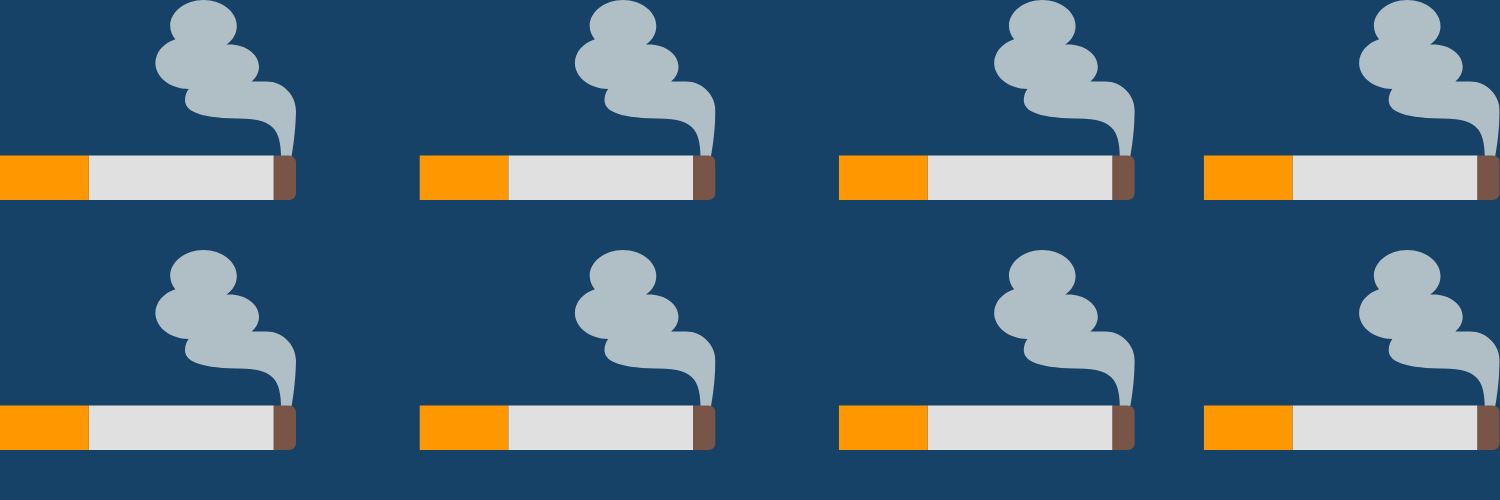
The aim is to test the influence of social diffusion processes on adolescent smoking uptake in contemporary UK society, with a focus on how these processes differ according to school-level socioeconomic contexts and smoking norms.
Principal Investigator
Dr Hannah Littlecott
Background
Whilst the overall prevalence of smoking in the UK has decreased, rates of smoking have declined more rapidly in more affluent groups and inequality has prevailed. It is, therefore, plausible that the potential influence of schools on young people’s smoking uptake may vary according to socioeconomic status (SES).
During adolescence peers overtake parents as the primary source of social influence(12). To date, research has demonstrated the utility of social network analysis in finding a link between peer influence and tobacco smoking. However, current understandings of social diffusion within schools have largely framed social network processes as if they are universal across schools, neglecting to incorporate contextual influences, such as SES and differing smoking norms, policies and practices.
Aims and Objectives
To test the influence of social diffusion processes on adolescent smoking uptake in contemporary UK society, with a focus on how these processes differ according to school-level socioeconomic contexts and smoking norms.
Study Design
Stage 1: Systematic review
A mixed methods systematic review to understand the role of school-based social diffusion processes and their influence on adolescent smoking, with a particular focus on how these vary over time in line with the denormalisation of smoking, and by socioeconomic status.
Stage 2: Social network analysis
Social network analysis in the form of a survey for Year 10 students (age 14-15 years) in 20 schools to understand who they are friends with and how this links to their smoking behaviour.
Stage 3: Interviews
Qualitative interviews with students to achieve an in-depth understanding of the ways in which student interactions may lead to differing social diffusion processes for smoking within and between schools.
Stage 4: Integration of data
Integration of results from stages 1-3 using a cross-case analysis. Patterns and potential themes that may explain variation in social diffusion of smoking across different school contexts will be explored.
Further information and publications
This Population Research Postdoctoral Fellowship is led by Doctor Hannah Littlecott in DECIPHer at Cardiff University, with internal support from Doctor Jemma Hawkins and Professor Graham Moore and from Doctor Mark McCann at the MRC/CSO Social & Public Health Sciences Unit at the University of Glasgow.
Advisory board members are as follows:
Suzanne Cass (ASH Wales)
Ashley Gould (Public Health Wales)
Professor Laurence Moore (University of Glasgow)
Doctor Mark McCann (University of Glasgow)
Doctor G.J Melendez Torres (Exeter University)
Fiona Dobbie (University of Stirling)
Doctor Liesbeth Mercken (Maastricht University)
Doctor Eva Rehfuess (University of Munich)
Start date
February 2019
End date
February 2022
Funders
Cancer Research UK (CRUK)